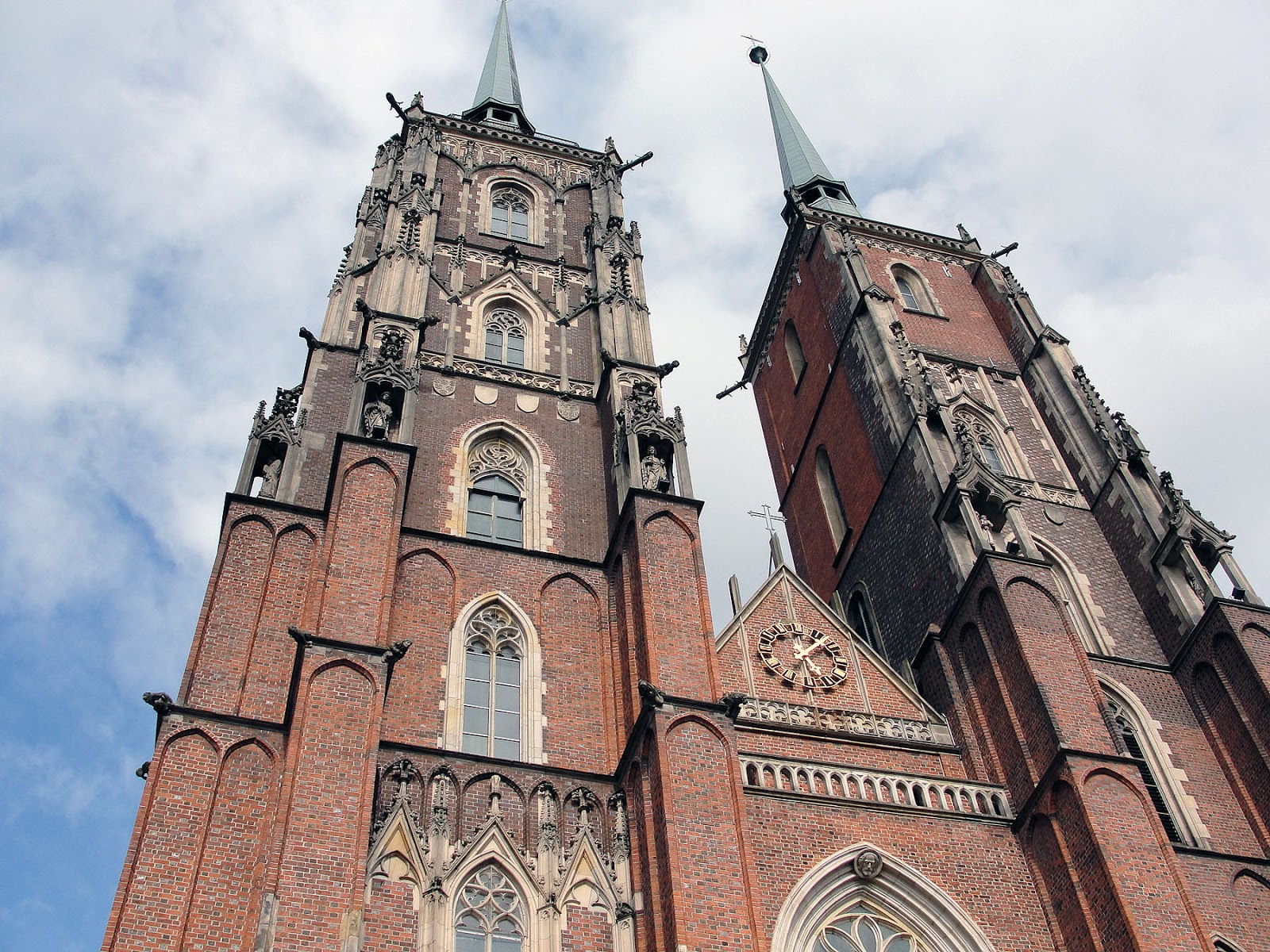Interesting parallels between Poland and Lebanon (this probably applies to Ireland as well). Two places where a strange marriage between Catholicism and nationalist projects took place. In both cases, a perceived “external threat” led groups to find in the Catholic church a way to not just defend their interests but also to imagine their national specificity (although arguably the threat in the Polish case was much more real judging from the successive invasion of the current territory we call Poland up until the world wars). But what was the kingdom of Poland before these invasions (with its highly diverse population) could only become the “nation” of Poland through a complex (probably unfinished) homogenizing process in which the Catholic church would play a central role. There is no other way to understand this bastion of Catholicism that is Poland in a sea of Protestant regions on one side and Orthodox on the other. Catholicism which was the last remnant of an older pre-nationalist world order became here the main locus for the development of nationalist specificity. the paradox here is that the once “universalist” brand Catholicism could strive in isolated territory because of the development of a peculiar nationalist specificity. For examples, the Lebanese specificity developed by Maronites involved a complex bridge between Europe and the East, Arab but not really, between Latin and Syriac etc). Here the “essence” of being Lebanese is always escaping but is easily substantiated by Catholicism.
Meanwhile the church’s interest involved mainly the purchasing of land (which still happens in Poland and I think in Lebanon) as they made up for the loss of territory encountered in “the wars of religion” in the rest of Europe and all the privileged they enjoyed before the protestant reformation movements. The church struggled to adapt to the rising sovereignty of nation states, by espousing the latter’s strategies of control but without ever being able to institutionally monopolizing this process leaving local nationalist project the task to preserve their interests. In echo to this, one should not find strange that Islamic institutions sponsored by either Saudi Arabia or Iran have followed a similar strategy of land purchase all around the world as they adapt and seize opportunities offered by nation state institutional apparatuses and the modern legal framework of private property.
Ironically, the Polish nationalist project was a main instigator of the persecution, displacement, and emigration of whole Jewish communities to the newly created state of Israel. Initially most members of these communities identified to their original locality (Polish from this or that city) just as much as Arab Christians were entrenched in theirs. Zionism was born out of a reaction to other European forms of nationalism with its invention of one Jewish people. It is ironic because although the Catholic church, through the Poles (or those now labeled as Poles), helped create the territorial problem of the Zionist project, both Poles and Lebanese Christians where relying on the same institutional and ideological help, that is the Catholic church, to create their respective sovereignties.

